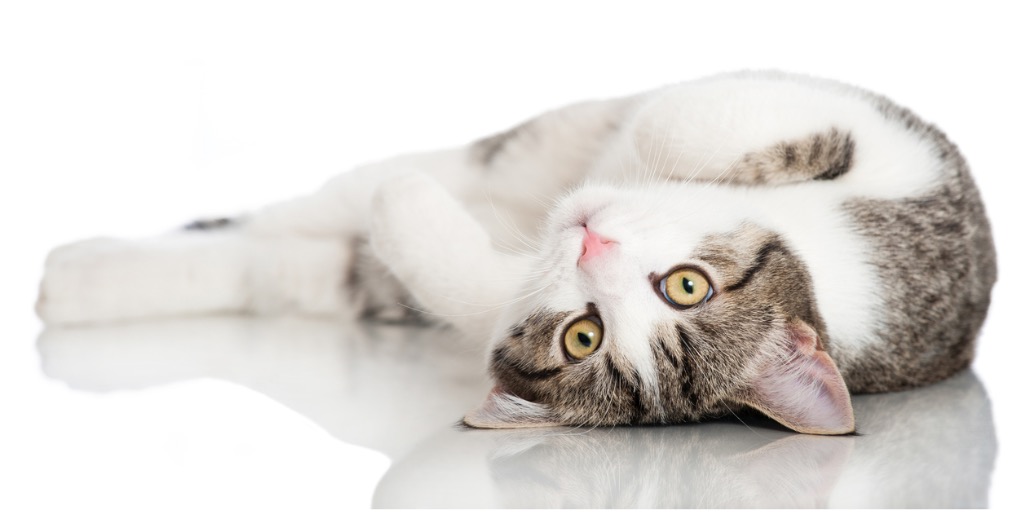Surgery FAQ
Is anesthesia safe?

Today's modern anesthetic monitors and drugs have made surgery much safer than in the past. At River City Cat Clinic, we make every effort to assess your pet's risk before surgery with a physical exam and bloodwork. We carry a range of drugs to tailor anesthesia to your pet's risks and anxiety level. While under anesthesia, your cat is on an automatic respirator and connected to machines that monitor heart rate, blood pressure, and oxygen saturation. A technician observes your cat's vitals closely, records them on a graph, and adjusts the gas levels as needed to ensure an optimal outcome. With anesthesia, there are always risks…but we do our best to minimize them.
Why is blood testing necessary?
Preanesthetic blood testing is important in reducing the risk of anesthesia. Every cat needs blood testing before surgery to ensure that the liver and kidneys can handle the anesthetic. Even apparently healthy animals can have serious organ system problems that cannot be detected without blood testing. If there is a problem, it is much better to find it before it causes anesthetic or surgical complications. If serious problems are detected, surgery can be postponed until the problem is corrected.
We offer three levels of in-house blood testing before surgery, which we will go over with you when you bring your cat in for an examination/consultation. Our doctors prefer the more comprehensive screen, because it gives them the most information to ensure the safety of your cat. For geriatric or ill cats, additional blood tests, electrocardiograms, or x-rays may be required before surgery as well.
Can my cat eat breakfast on the day of its surgery?
It is important that surgery be done on an empty stomach to reduce the risk of vomiting during and after anesthesia. You will need to withhold food for at least 8 to 10 hours before surgery. Water should be made available as proper hydration is important.
Will my cat have stitches? How do I care for the incision?
For many surgeries, we use absorbable sutures underneath the skin. These will dissolve on their own, and do not need to be removed later. Some surgeries do require skin stitches. With either type of suture, you will need to keep an eye on the incision for swelling or discharge. Most cats do not lick excessively or chew at the incision, but this is an occasional problem you will also need to watch for. If there are skin sutures, these will usually be removed 10 to 14 days after surgery. You will also need to limit your cat's activity level for a time and no baths are allowed for the first 10 days after surgery.
Will my cat be in pain?
Anything that causes pain in people can be expected to cause pain in animals. Cats may not show the same symptoms of pain as people do; they usually don't whine or cry, but you can be sure they feel it. Pain medications needed will depend on the surgery performed. Major procedures require more pain relief..
Because cats do not tolerate standard pain medications such as Aspirin, Ibuprofen, or Tylenol, we are limited in what we can give them. Recent advances in pain medications have allowed for better pain control in cats than ever before. We administer a pain injections before and after surgery.
What other decisions do I need to make?
While your cat is under anesthesia, it is the ideal time to perform other minor procedures, such as nail trims or implanting an identification microchip. If you would like an estimate for these extra services, please let us know.
When you bring your cat in for surgery, we will need to 5 to 10 minutes of time to fill out paperwork and make decisions on the blood testing and other options available. When you pick up your cat after surgery you can also plan to spend about 10 minutes to go over your cat's home care needs.
We will call you the night before your scheduled surgery appointment, to confirm the time you will be dropping your cat off and to answer any questions you might have. In the meantime, please don't hesitate to call us with any questions about your cat's health or surgery.
|